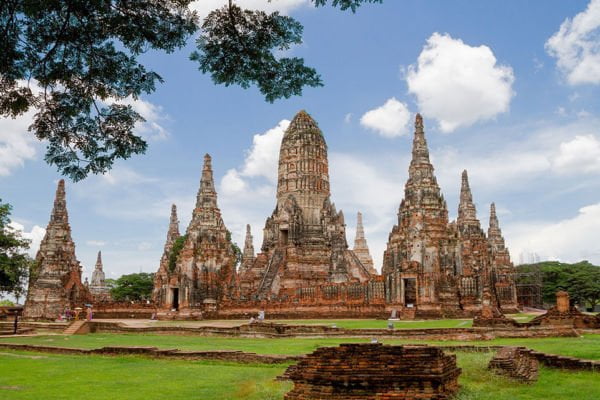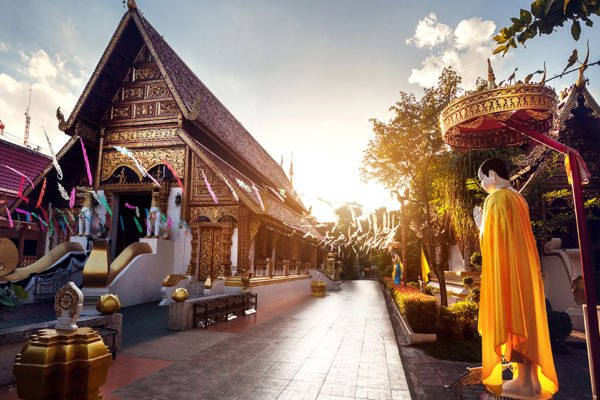You have not been a Thailand expert until you know these traditions

It is not an oversaying to cite that Thailand is the main magnet of charming Southeast Asia. The world is going crazy over Bangkok, Chiang Mai, Koh Phi Phi or Phuket from year to year. And travelers keep screaming the name of this country in every-bucket-list. And this fact makes becoming a Thailand expert among your families or friends is a so damn good feeling. 😉
So if you are dying to blend in like a local on your next Thailand trip, here’re some interesting traditions for passing the “expert test”.
Wearing different color on a different weekday
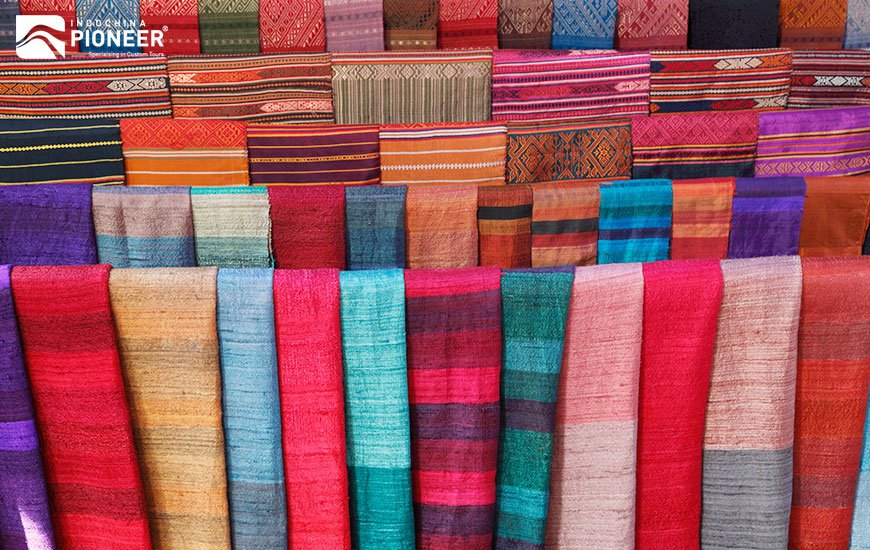
You may be similar to the dress-code in some night parties. But dress-code for a whole nation? Crazily interesting! In Thailand, each day of the week is assigned a particular outfit color. For example, Monday is for yellow, Tuesday is for pink, Wednesday is for green, etc. Visitors to the Land of Smiles may notice that the locals seem to wear a sea of similar colors. It is not compulsory for all Thai people to follow this rule, but some of them do, especially those who work for the government. Monday is the most important day, as yellow is a lucky color. Yellow also represents the late King Bhumibol, who was born on a Monday.
“Baby don’t you worry”
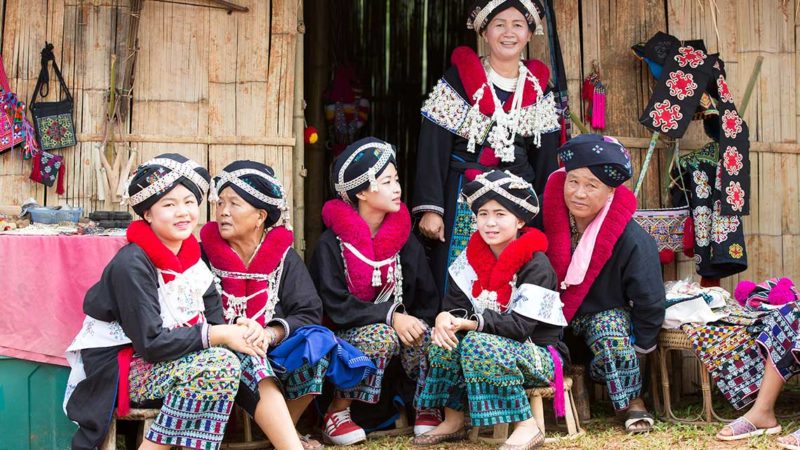
“Mai Pen Rai”- “No problem”, this is not only a regular phrase but also the typical Thai lifestyle. And you this carefree spirit everywhere in Thailand streets, from the traffic that’s too chill, to honk to people not fussed enough to sprint for the last seat on the Sky train. The locals always smile, just like a way to tell you: “Everything is going to be okay, don’t worry”. For a busy business, this may not really fit, but for any vacation, it’s perfect.
Greeting with “Wai”
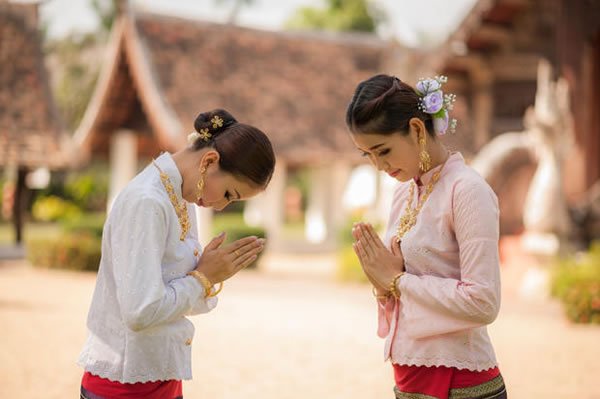
The “Wai” is an action where a person puts their hands together and drops their shoulders in order for their nose to touch their hands. And it is considered as the normal greeting in this country. The first moment you see this special hello in your Thailand holiday, surely it will be a small surprise, and a little awkward moment also, when you stick your hand out ready for a handshake. The higher the hands go on someone’s face, the more respectful the greeting. This greeting can mean a multitude of things, including hello, thank you, and goodbye.
And always end a sentence with “Ka” or “Krup”
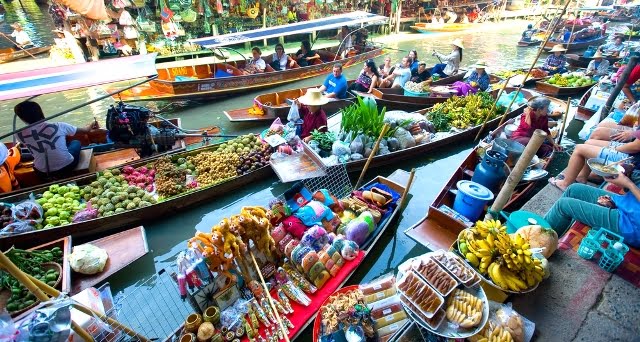
You can easily realize this when talking with any Thai local throughout your Thailand vacation. It may sound incredibly redundant and repetitive to those who do not speak Thai, but after every sentence, it is customary for whoever is speaking to end their sentence with either “ka” or “krup.” While this is a way to show respect, visitors will hear these two words used often among friends, as well. “Ka” is said by women and “krup” is used by men.
Your snack is Lays, ours is insects
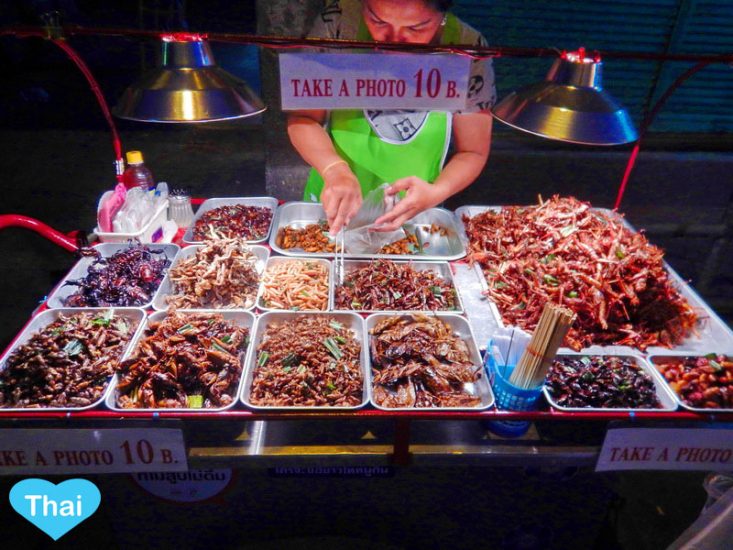
Cool, right? As you don’t need to worry about how much air compared to potatoes in your Lays pack anymore. You can find many kinds of crawlies in this Thai “special snack”, from grasshoppers to silkworms, which are sold widely in many markets, sois (streets) or convenience stores. It seems to be adventurous at first, but actually, it tastes no adventurously at all. Keep calm and enjoy the tradition!
Take your shoes off
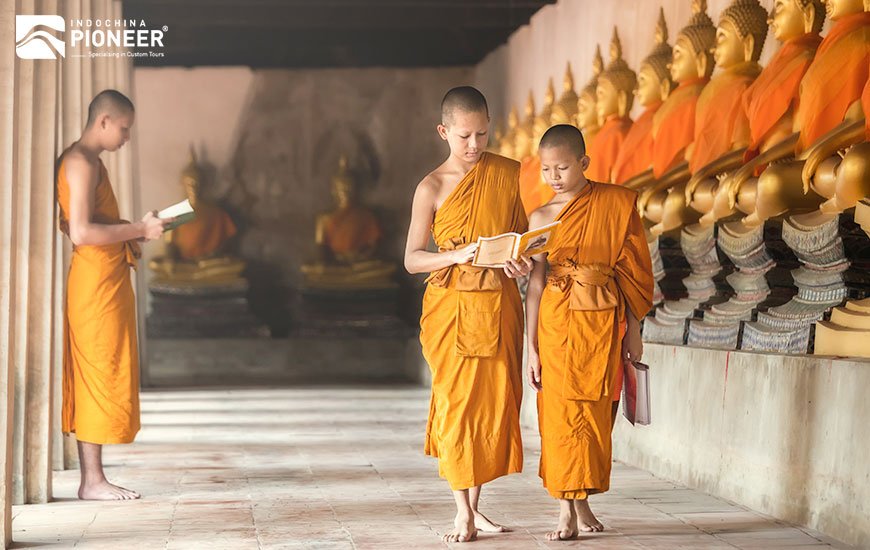
Although they are “the” limited Louboutin shoes, we are afraid that you must take them off… In Thailand, people’s feet are considered the most disrespectful part of the body. This is why visitors will notice that at many establishments, from restaurants to massage parlors and especially homes, Thai people remove their shoes before entering. Be sure to follow the lead, and whatever you do, do not point your feet in the direction of someone else. It is considered very impolite. As an extension of this tradition, the head is considered the most sacred part of a person’s body, so do not touch anyone’s head unless given permission.
Respect the monarchy and the elderly
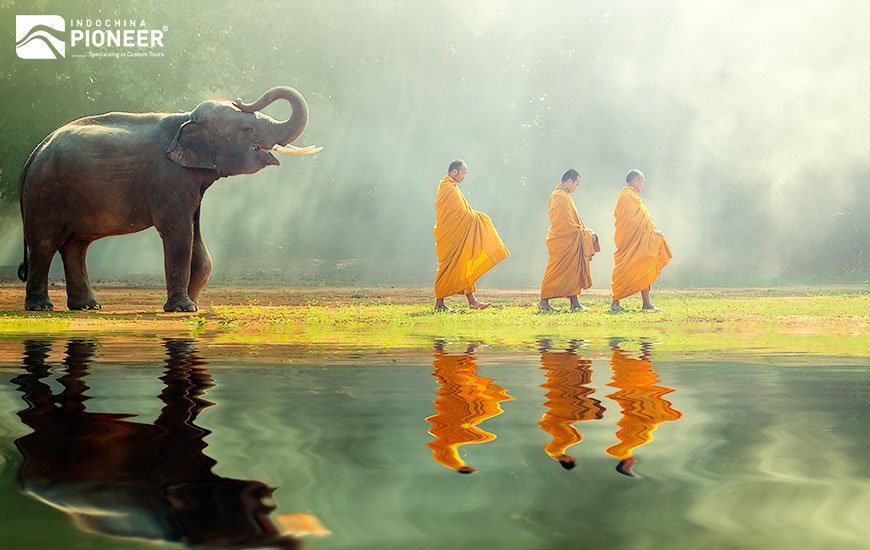
Thai people put respect to their King and the Thai royal family on a very serious level. Don’t joke about their Royal-related people or things in their country as there are strict rules in place to punish those who display otherwise.
While this is oftentimes the norm for many cultures (as it should be), it is extremely important for Thai people to respect their elders. People of different ranking and age are addressed with particular titles, which are too complicated and abundant to detail here. That being said, be sure to be respectful and drop your head when in the presence of someone who is older than you.



